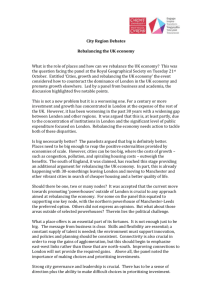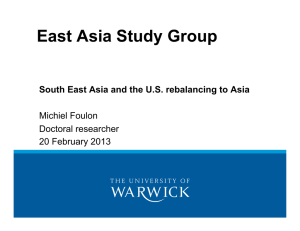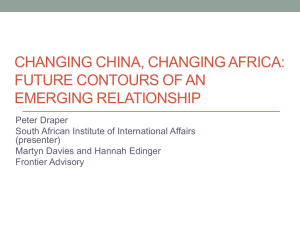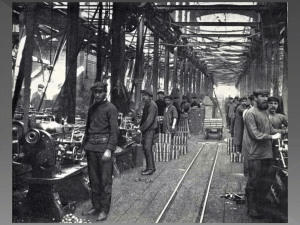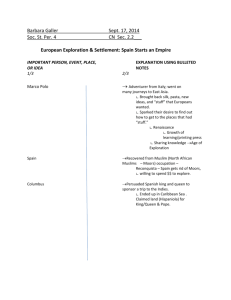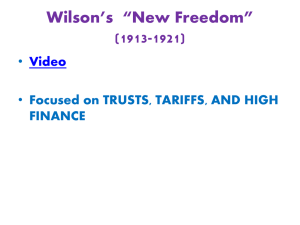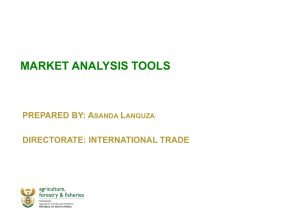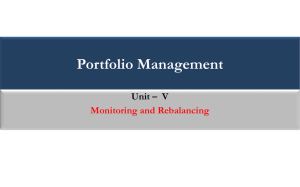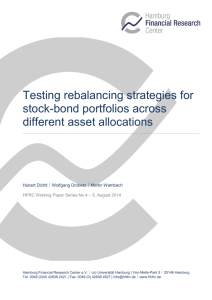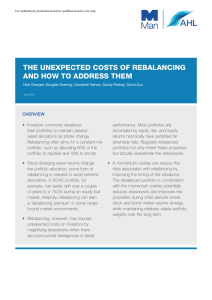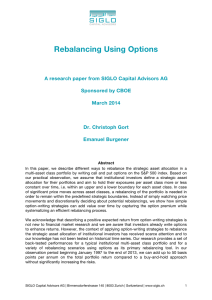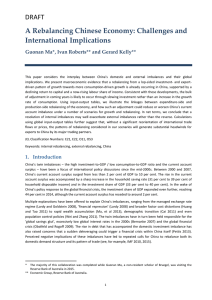DOC
advertisement
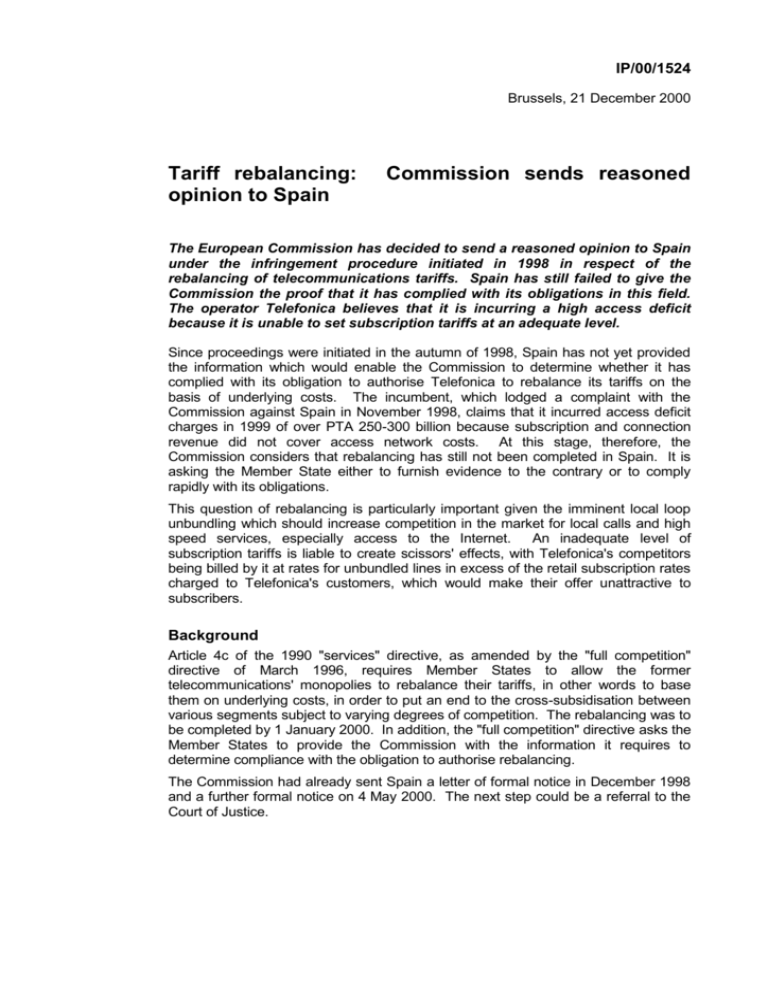
IP/00/1524 Brussels, 21 December 2000 Tariff rebalancing: opinion to Spain Commission sends reasoned The European Commission has decided to send a reasoned opinion to Spain under the infringement procedure initiated in 1998 in respect of the rebalancing of telecommunications tariffs. Spain has still failed to give the Commission the proof that it has complied with its obligations in this field. The operator Telefonica believes that it is incurring a high access deficit because it is unable to set subscription tariffs at an adequate level. Since proceedings were initiated in the autumn of 1998, Spain has not yet provided the information which would enable the Commission to determine whether it has complied with its obligation to authorise Telefonica to rebalance its tariffs on the basis of underlying costs. The incumbent, which lodged a complaint with the Commission against Spain in November 1998, claims that it incurred access deficit charges in 1999 of over PTA 250-300 billion because subscription and connection revenue did not cover access network costs. At this stage, therefore, the Commission considers that rebalancing has still not been completed in Spain. It is asking the Member State either to furnish evidence to the contrary or to comply rapidly with its obligations. This question of rebalancing is particularly important given the imminent local loop unbundling which should increase competition in the market for local calls and high speed services, especially access to the Internet. An inadequate level of subscription tariffs is liable to create scissors' effects, with Telefonica's competitors being billed by it at rates for unbundled lines in excess of the retail subscription rates charged to Telefonica's customers, which would make their offer unattractive to subscribers. Background Article 4c of the 1990 "services" directive, as amended by the "full competition" directive of March 1996, requires Member States to allow the former telecommunications' monopolies to rebalance their tariffs, in other words to base them on underlying costs, in order to put an end to the cross-subsidisation between various segments subject to varying degrees of competition. The rebalancing was to be completed by 1 January 2000. In addition, the "full competition" directive asks the Member States to provide the Commission with the information it requires to determine compliance with the obligation to authorise rebalancing. The Commission had already sent Spain a letter of formal notice in December 1998 and a further formal notice on 4 May 2000. The next step could be a referral to the Court of Justice. Since August 2000, Telefonica's tariffs have been regulated by a price-cap mechanism. The question now is to determine whether, given the probability that there is still an access deficit, the existing system for monitoring tariffs allows the operator sufficient freedom to complete rebalancing. The principle of rebalancing generally implies an increase in telephone subscription charges, offset by a reduction in long-distance calls. Compliance with this principle is essential to allow competition to develop in the market under satisfactory economic conditions. Rebalancing thus benefits the consumer since competition promotes quality, prices and diversification of supply. 2
